President Ho Chi Minh Memorial Cultural Area in the heart of Thanh Hoa City.
The history of Vietnam in the late 19th and early 20th centuries has recorded the journey to find a way to save the country of Phan Boi Chau and Phan Chau Trinh, who were the last generation of Can Vuong scholars, enlightened with new ideas. The patriotic and revolutionary movement with bourgeois tendencies of Phan Boi Chau and Phan Chau Trinh was a step forward of the national democratic movement at that time.
For the first time, new forms of struggle appeared in our country besides armed struggle. These were associations, rallies, protests, newspapers and even emigration abroad. The social picture of the national democratic movement was broader and richer. However, in the context of many changes, the failure of these movements was inevitable. The fundamental thing was that Phan Boi Chau and Phan Chau Trinh both had significant limitations in their national salvation policies. The crisis of national salvation policies was still the most fundamental problem of the Vietnamese revolution at that time.
Born into a patriotic Confucian family, in a land with a revolutionary tradition, from a young age, the young man Nguyen Tat Thanh embraced in his heart a passionate love for his country and a deep hatred for colonialism. The painful and dark reality of the nation and the failures of patriotic movements at that time made the young man constantly worried. On June 5, 1911, the young man Nguyen Tat Thanh determinedly set foot on the ship Admiral Latouche-Tréville, leaving Nha Rong wharf to realize his ambition of liberating his country from the yoke of colonialism and imperialism: "Freedom for my compatriots, independence for my Fatherland, that is all I want, that is all I understand".
On the journey to save the country, the young man in his twenties, with faith in his hands and mind, with all his love for his country, his passionate love for his people, his desire for independence and freedom, accepted to step onto the ocean liner, drifting on the sea, traveling through many countries, doing all kinds of hard work to find a way to fight for national liberation, bringing happiness to the people. He once docked at Marseille and Le Havre ports in France; he once worked for a ship of the Charles de Gaulle company that sailed around Africa. Along the journey of the ship, he stopped at the ports of several countries such as Spain, Portugal, Algeria, Tunisia..., also followed the ship to Martinich, Uruguay, Argentina and stopped in the US. Putting aside all his personal worries, the youth of the young man Nguyen Tat Thanh drifted along the ships with the only luggage being his passionate love for his country and people.
With the places he visited, the jobs he did, the people he met and witnessed, Uncle Ho drew a painful conclusion: Everywhere imperialists and colonialists were brutal and cruel; everywhere workers were exploited and oppressed heavily and "no matter the skin color, in this world there are only two races: the exploiters and the exploited". He once stood at the foot of the Statue of Liberty in America, but his heart beat with sorrow before the suffering and injustice that the weak and oppressed people had to endure: "The light above the head of the Statue of Liberty spreads across the blue sky, but at the foot of the Statue of Liberty, black people are being trampled. When will black people be equal to white people? When will there be equality between races? And when will women be equal to men?"
At the end of 1917, Uncle Ho returned to France from England, choosing Paris as his base of operations. In 1919, he joined the French Socialist Party, the most progressive political party in France at that time. In June 1919, upon hearing that the delegations of more than ten victorious allied countries were meeting in Versailles, 14km from Paris, Uncle Ho, on behalf of Vietnamese patriots in France, sent to the conference the "Demand of the Vietnamese People", signed by Nguyen Ai Quoc. The "Demand of the Annamese People" included 8 basic contents demanding that the French Government and allied countries recognize the freedom, democracy, equality and self-determination of the Vietnamese people.
In July 1920, Uncle Ho read “The first draft of theses on the national and colonial questions” by V. Lenin published in the French Socialist Party’s newspaper Nhan Dao. Through the Theses, Uncle Ho found the way to save the country and liberate the nation. He came to Marxism-Leninism as “a “historical rendezvous” between true patriotism and the revolutionary and scientific doctrine of the era”. The moment he found the way to save the country, Uncle Ho shed tears - tears bursting with happiness and love: “The Theses came to Uncle Ho. And he cried/ Uncle Ho’s tears fell on the word Lenin/ The four walls were silent as he listened to Uncle turning each page of the folded book/ Thinking that outside, the country was waiting for news/ Uncle Ho shouted alone as if talking to the nation/ “Food and clothing are here! Happiness is here!”/ The image of the Party is embedded in the image of the Country/ The first moment of crying was the moment Uncle Ho smiled” (The Man in Search of a Way to Save the Country, Che Lan Vien).
At the 18th Congress of the French Socialist Party held in Tours in late December 1920, he voted to establish the French Communist Party and join the Third International. This event marked an important turning point in his revolutionary life, from true patriotism to communism, "from a progressive patriot to a socialist soldier".
To liberate the nation, there is no other way than the proletarian revolutionary path. That determination was exchanged with the youth, blood and tears of Uncle Ho - a patriot who loved his people passionately. Since 1921, Uncle Ho actively spread Marxism-Leninism to the country, preparing the political, ideological and organizational premises to move towards establishing a Communist Party in Vietnam. He and a number of French colonial revolutionaries founded the Colonial Union, published the newspaper "The Miserable", wrote plays, published books... In June 1923, Uncle Ho secretly went to Moscow (Soviet Union), continued to work actively and effectively, "step by step perfecting his revolutionary worldview and outlook on life, which was also the period of outlining the main strategic lines of the national liberation revolution".
114 years have passed since the day Uncle Ho left Nha Rong Wharf to find a way to save the country (June 5, 1911 - June 5, 2025). The day Uncle Ho left Nha Rong Wharf, the sound of Saigon poured down to the river mouth as if covering Uncle Ho. The sharp sound of the ship's whistle pierced the painful space. Uncle Ho took long strides, hurriedly got off the ship... The whole face of Vietnam filled Uncle Ho's heart.
In that context, Uncle Ho's words to those who stayed behind made the hearts of millions of Vietnamese people ache: "Our country, our people will not endure this life of horses and buffaloes forever. We must abolish slavery and our workers' lives will definitely change... We believe in the future, believe in the nation's destiny... Suddenly, in the sound of the wind blowing at Nha Rong wharf, I heard Ba whispering to Ut Hue: "We must have freedom! Hue. Our country, our people must have independence and freedom, we cannot be slaves forever... Because of losing our country, we had to leave home. If we cannot find a way to regain independence for the country and happiness for the people, I will not return and no one will expect me to."
The train that took the young man Nguyen Tat Thanh, just 21 years old, to leave the Fatherland to find a way to save the country will forever be engraved in the history of the nation, in the hearts of every Vietnamese person... Uncle Ho is the great pioneer of the Vietnamese revolution.
*The article uses materials from the book "The Process of Vietnamese History" (Education Publishing House, Nguyen Quang Ngoc (editor-in-chief); "Blue Lotus" by writer Son Tung (Kim Dong Publishing House).
Article and photos: Huong Thao
Source: https://baothanhhoa.vn/bac-ho-va-hanh-trinh-tim-duong-di-cho-dan-toc-theo-di-252533.htm


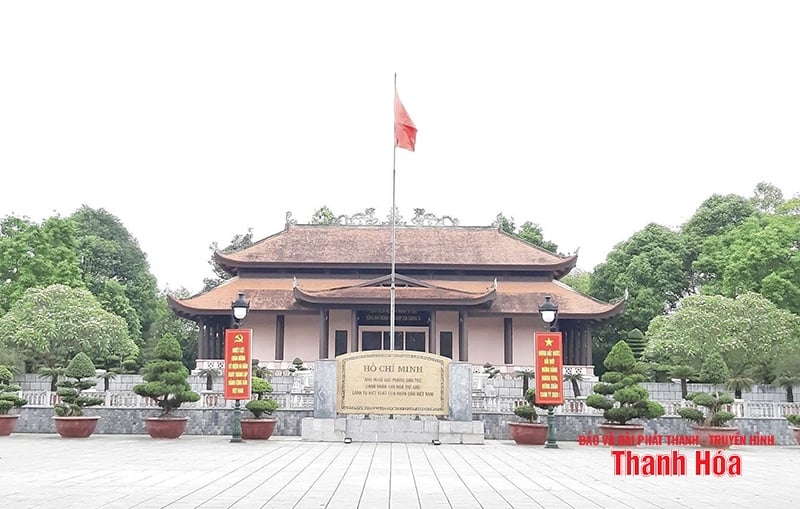
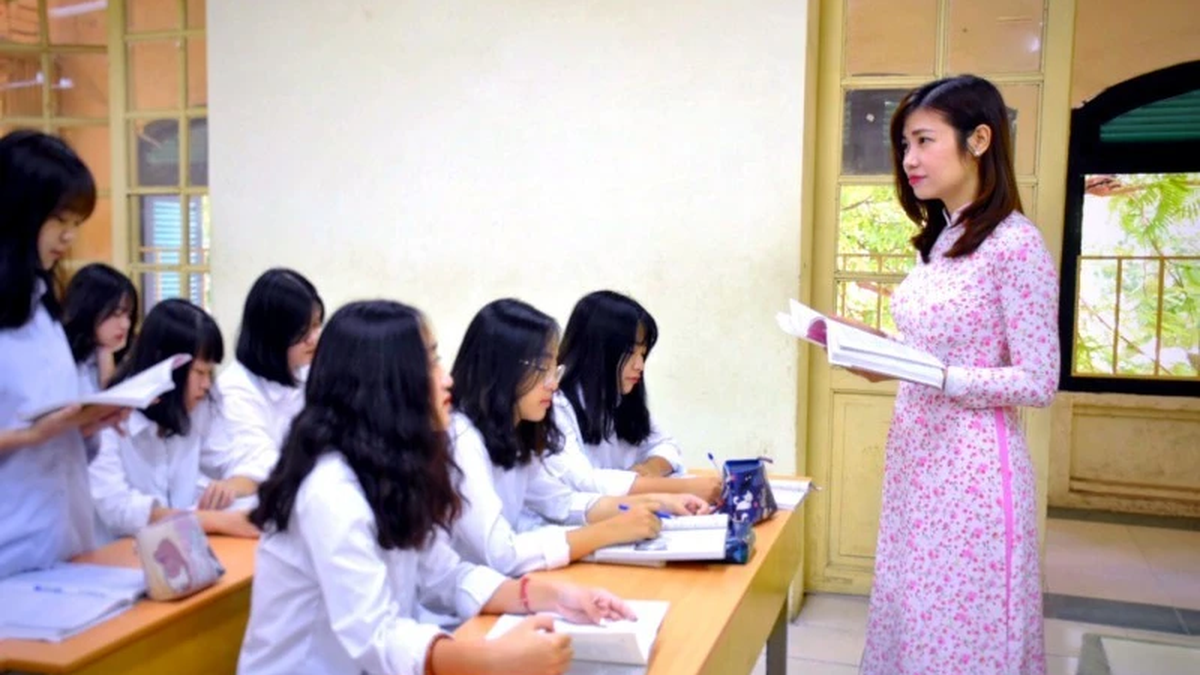
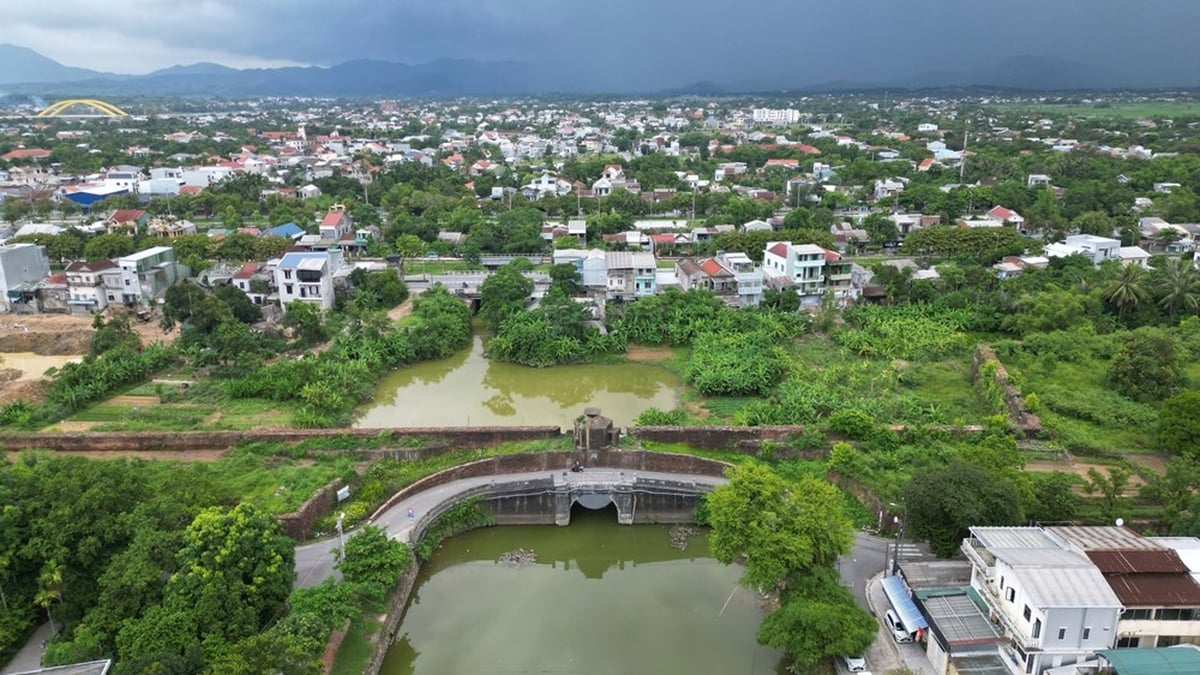





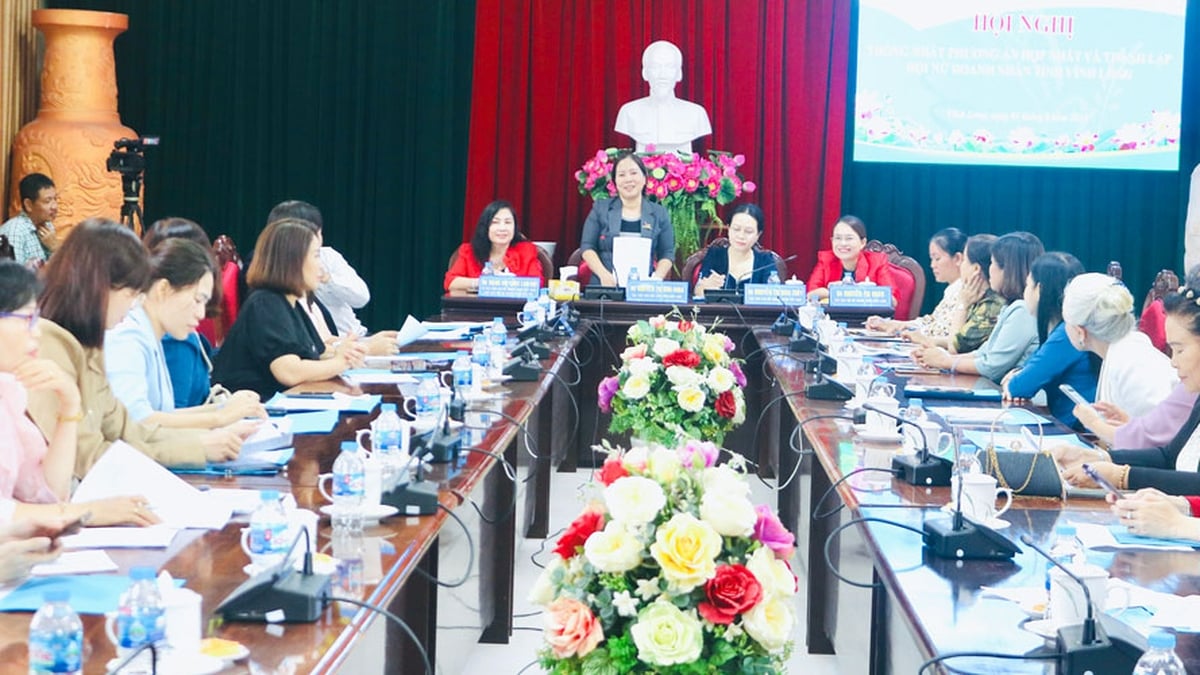

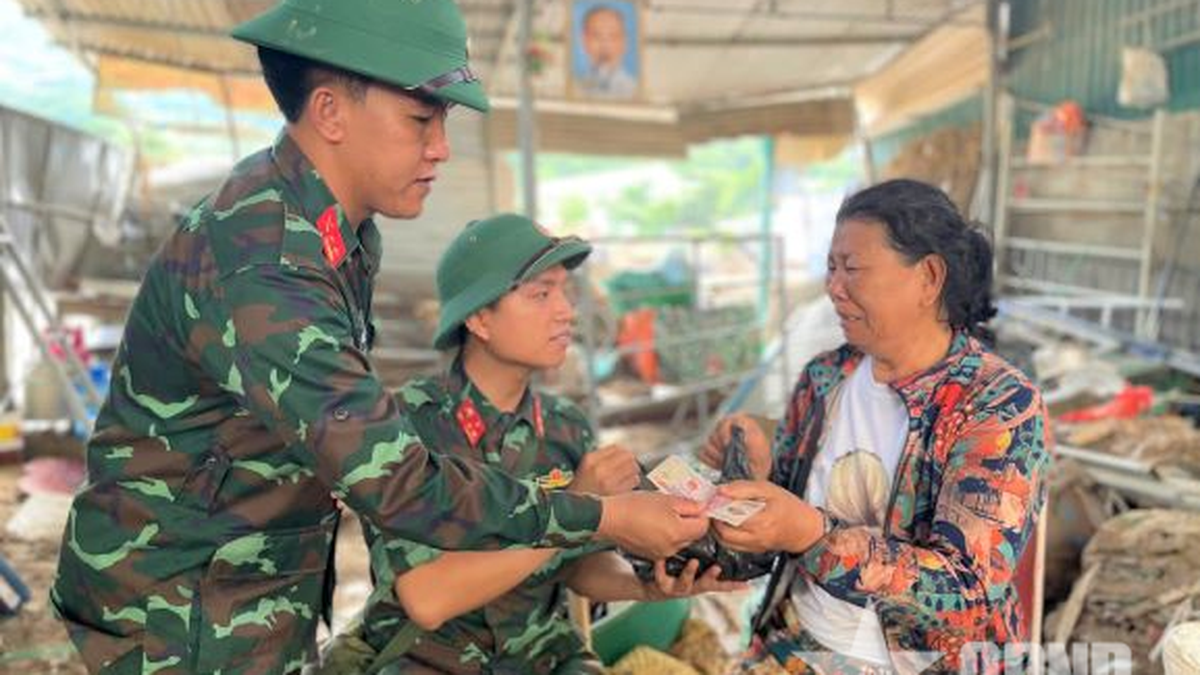

























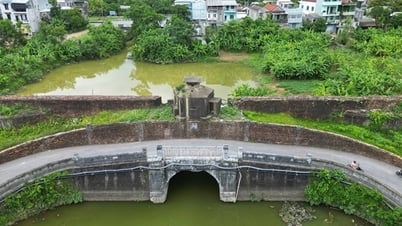



















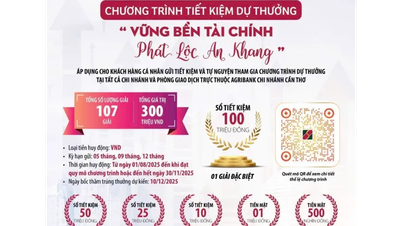






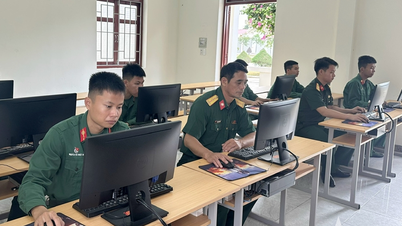

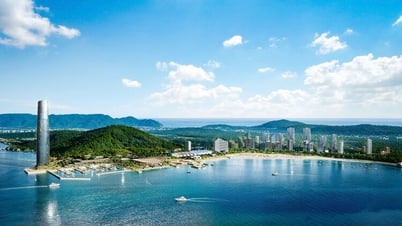


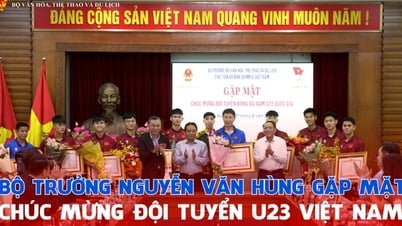

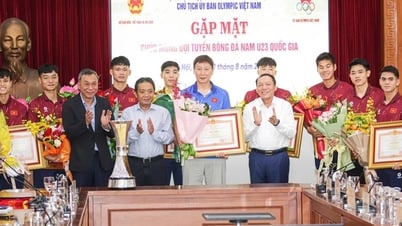
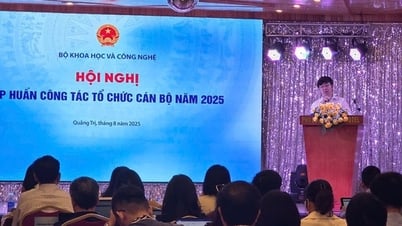

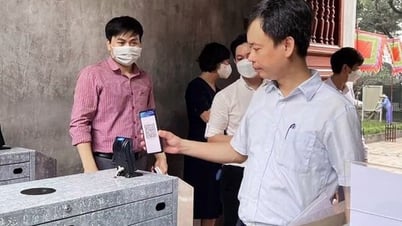
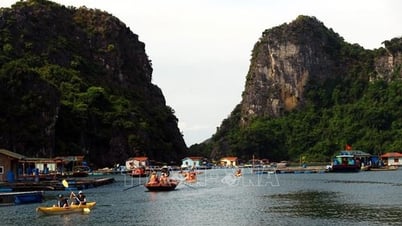
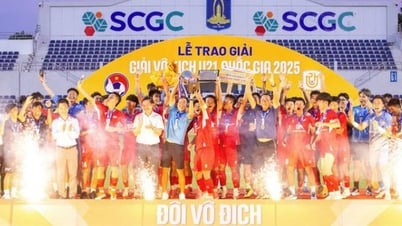



















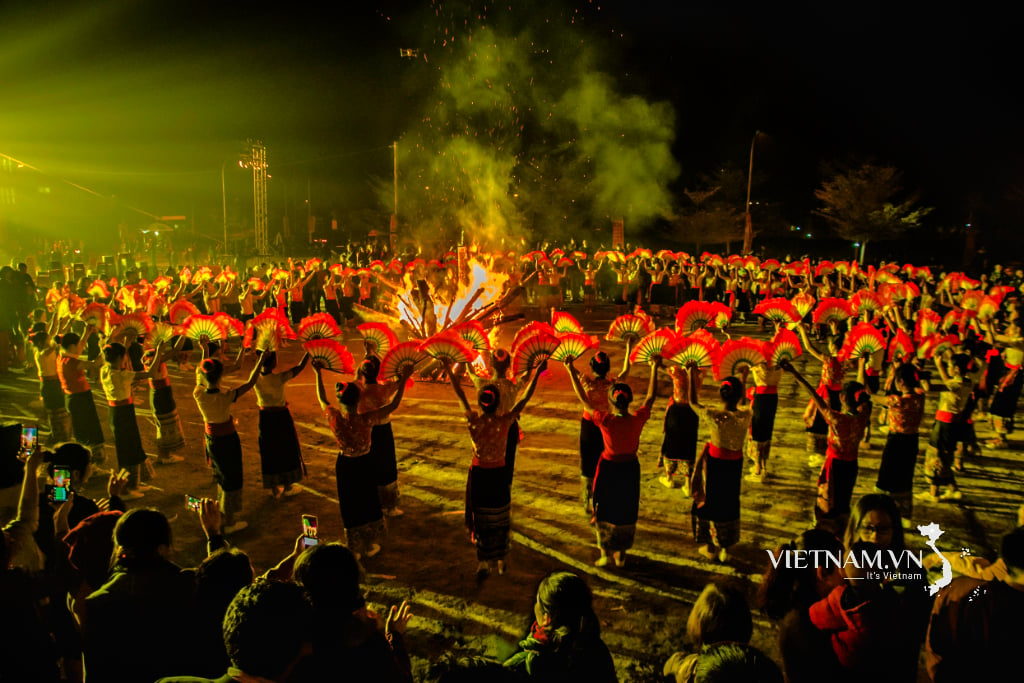
Comment (0)